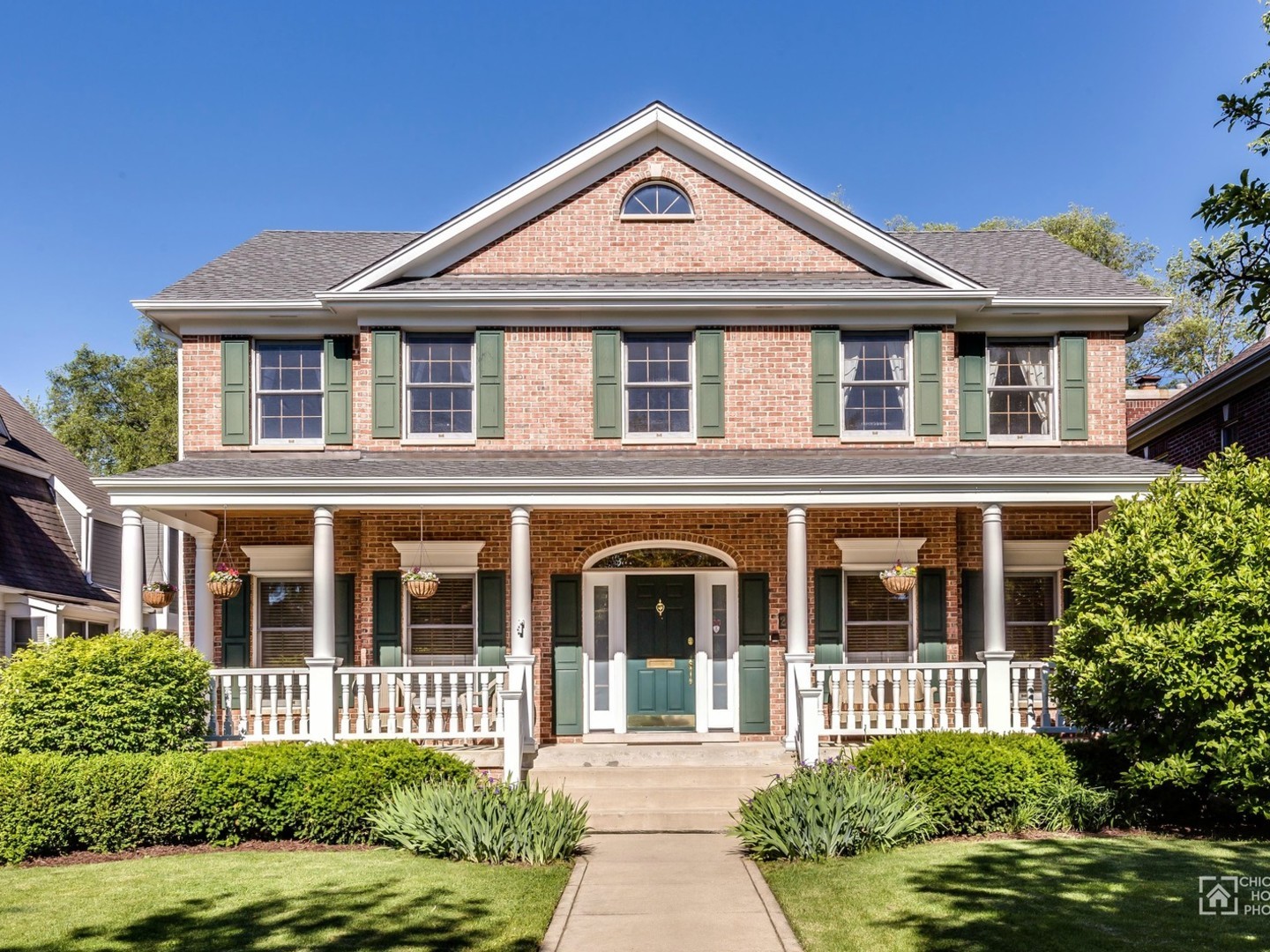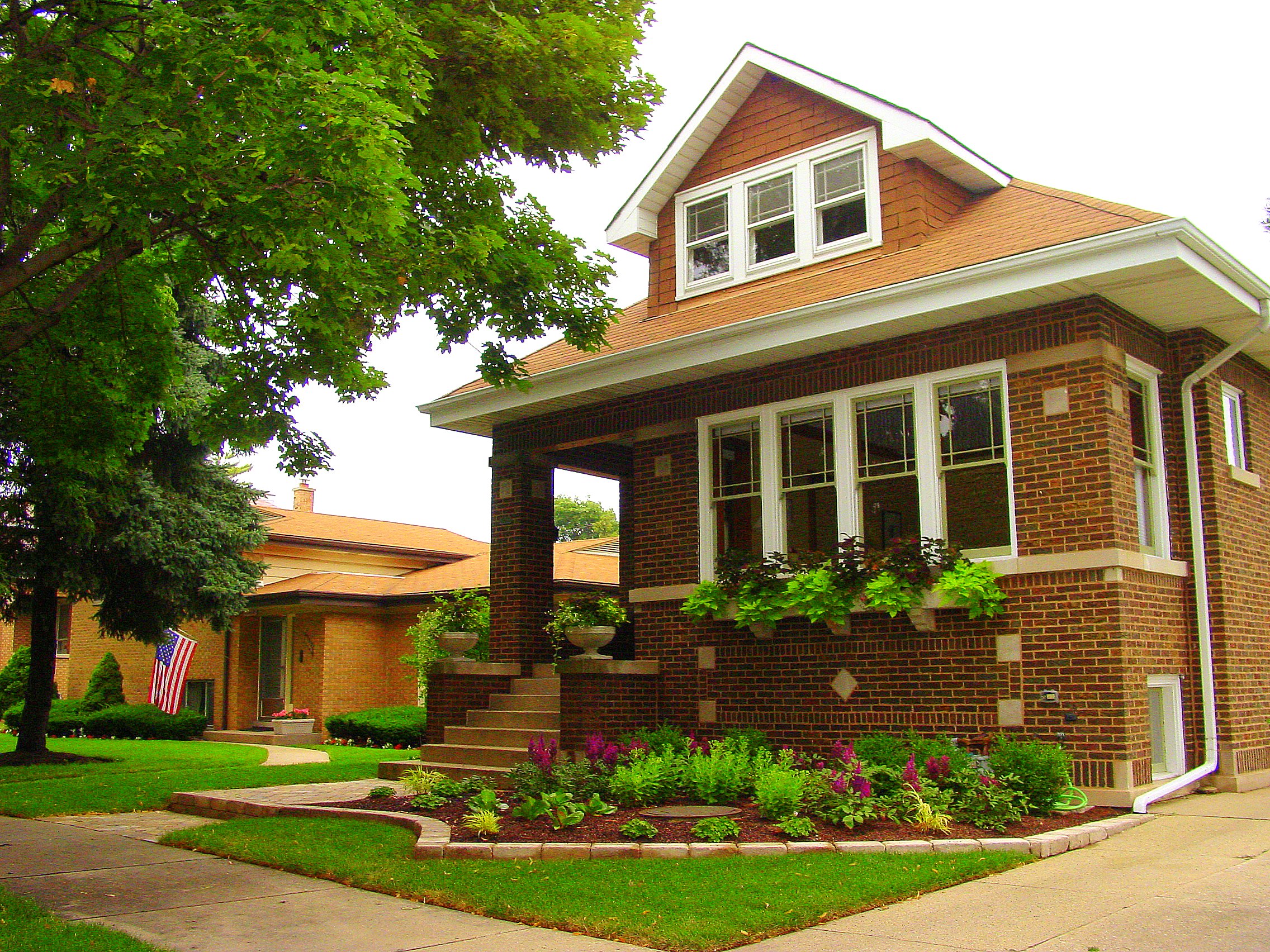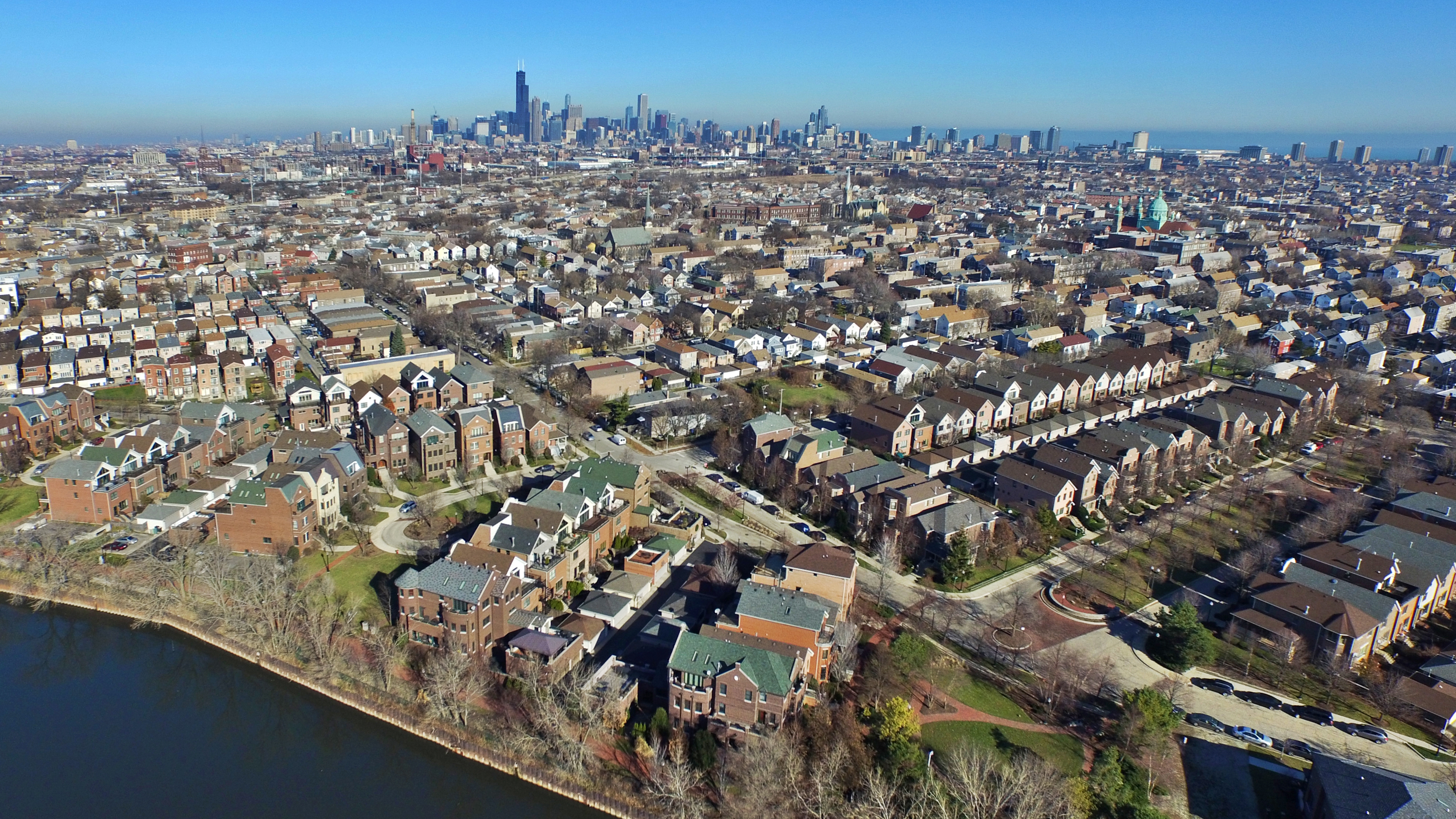4 Simple Steps To Help You While House Hunting Around The Chicagoland Area.
A home is probably the biggest financial investment you’ll make in your life. Before you get started, do some homework. This handy Buyer’s Guide will show you some things to keep in mind as you’re hunting for that home of your dreams.
 1. Determine How Much You Can Afford
1. Determine How Much You Can Afford
How much house you can afford is largely dependent on how large a mortgage – basically, a home loan — you can handle. Start your research by using the simple mortgage calculators I have on my website to see whether you can afford to pay the monthly mortgage on the kinds of houses you have in mind.
You may even apply for a mortgage at a lender before you start looking for a home. This is called getting pre-qualified for a loan; it will tell you exactly how much you can afford and may make the closing process go faster.
But, remember that owning a home involves more than a monthly mortgage. You’ll also have to consider money you’ll need to have at hand when you make an offer, when you close on a home and on a monthly basis after the home is yours.
Payments you may have to make when you submit an offer and at closing include: Earnest money, usually 1% to 5% of the cost of the house, which you pay as a deposit on the house when you submit your offer. It’s your proof that you’re a serious buyer down payment, usually 10% to 20% of the cost of the house, which you must pay at closing Mortgage insurance, paid by borrowers making a down payment of less than 20% Closing costs, usually 3% to 4% of the cost of the house, to pay for processing all the paperwork Don’t forget the day-to-day expenses you may incur once you own that home. This includes: Utilities Homeowner or condo association dues Property taxes City or County taxes
 2. Shop for a Home
2. Shop for a Home
House hunting can be both exciting and frustrating. Most homebuyers see roughly many houses before buying one. To make the search easier and faster, nearly half of all house hunters today begin by browsing for properties on the Internet, using web sites like this one. Please go to my home page and click on the “Search For Homes” link and you will have access to the same data as Realtors in your area.
The Internet is a quick way to see whether the houses that are currently available meet the following critical criteria: in the right location, with the right features and at the right price. If you find after your search on my website that few properties meet with your expectations, you may want to readjust your criteria – change the location, features, price – to increase your chances of finding a house that works for you. If you have any difficulties in this initial search, feel free to contact me for assistance. Homes can become available instantly and I’m always the most current resource for literally up to the minute new home listing information.
Once you know what you want, where you want it and what you can afford, it’s time to see the houses for yourself. To help stay focused, bring with you a checklist of things that you’ve decided ahead of time are important qualities of your future home.
This might include:
- Is there enough room for you to grow in?
- Is the house structurally sound?
- Is the house in move-in condition or will it need work?
- Is it close enough to everyday needs, such as grocery stores, schools, work?
- Will you feel safe here?
- Do the appliances that are part of the sale work? Is the yard right for your needs?
- Do you like the floor plan?
- Is there enough storage?
- Will you be happy in this house in winter, summer, spring, fall?
You may also want to take some exterior and interior photos of each house you visit so that you can keep track of its pros and cons.
3. Find A Knowledgeable Real Estate Professional. (Sharon Lynch)
While you’re not required to use a real estate professional, it is a good idea. A professional has access to a network of contacts and can draw from extensive market knowledge to help pinpoint the right house for you quickly.
A professional also can help you structure your deal to save money, explain the advantages and disadvantages of different types of mortgages and guide you through the paperwork.
 4. Research Different Mortgages
4. Research Different Mortgages
There are a variety of mortgage types available today, each with advantages and disadvantages depending on how long you plan to live in the home, the financial marketplace and your income potential, among other things.
A fixed-rate mortgage is the most common. In a fixed-rate mortgage, your interest rate and payment stay the same for the life of the loan.
An adjustable-rate mortgage usually starts out at lower interest rates and lower monthly payments than fixed-rate mortgages, but your rate and monthly payments may rise and fall based on a financial index.
There are also several government mortgage programs available, including FHA mortgages, which are designed to help people who might not otherwise qualify for a loan.
You may also have a choice in loan terms. There are 30-year loans and 15-year loans.
It’s best to talk to me about your best mortgage option. I may refer you to a Mortgage Broker that can discuss current market financing packages and provide a FREE Loan Qualification.
